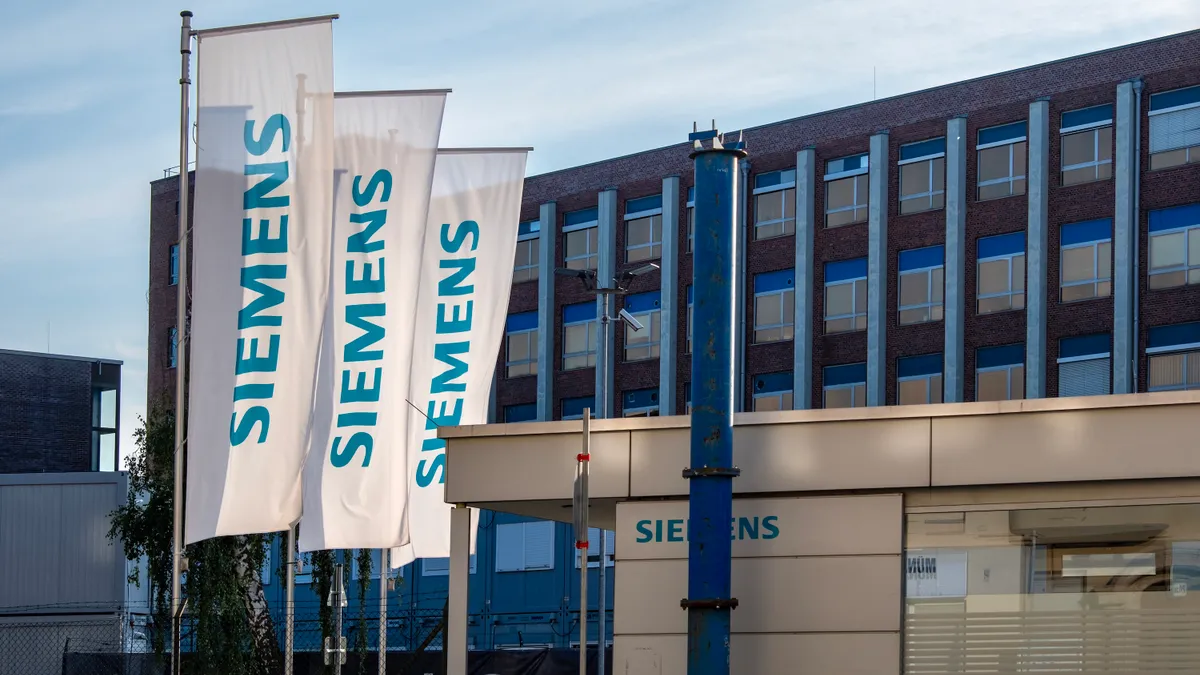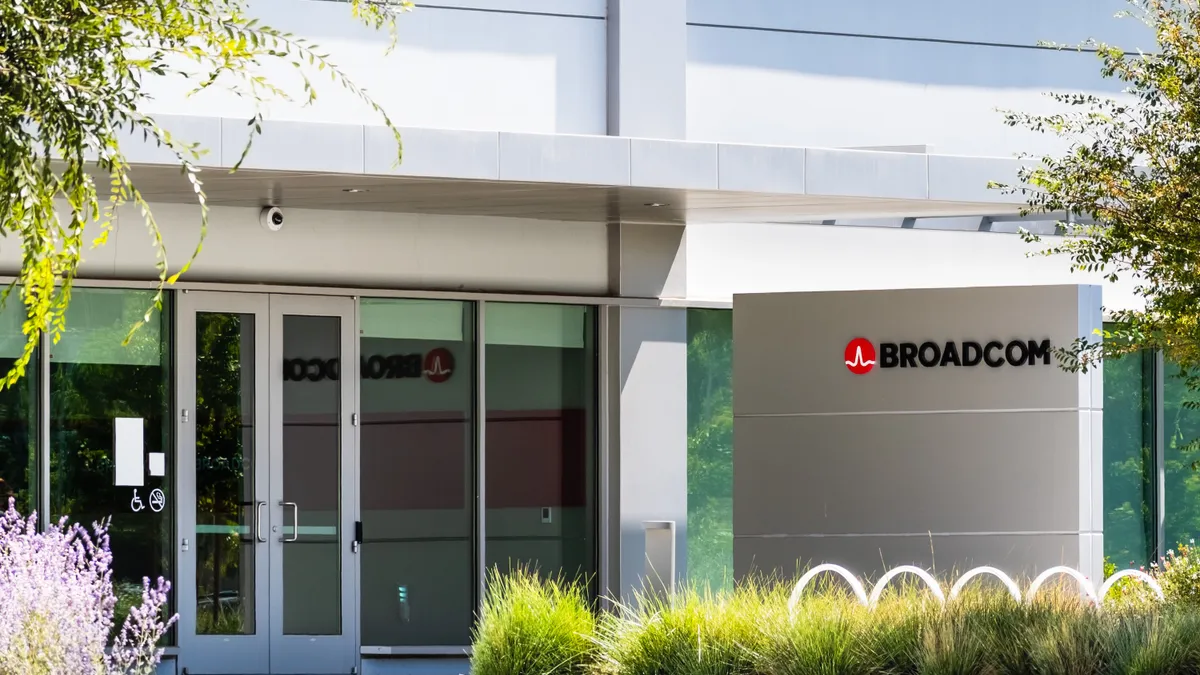Closing out the year, stock market slides dragged down by the tech sector have worried more than a few analysts, investors and 401k hopeful. Nevertheless, it's been a good year for tech firms in the public market.
Technology has led global IPO activity throughout the year, with 40 companies valued at $1 billion or more, raising a cumulative $32.3 billion — 26 of which were in the U.S., according to an EY report. Analysts expect the growth in unicorn IPOs to continue next year.
Q4 saw 34% fewer IPOs year-over-year, in part because of geopolitical uncertainty — such as U.S.-China trade tensions — and market volatility. But unicorns, "mega IPOs" and investor confidence helped assure investors through the weaker fourth quarter, according to EY Global and EMEIA IPO Leader Martin Steinbach.
Some companies never took the public stage: Qualtrics filed to go public in October but was gobbled up by SAP in November for $8 billion, one of the largest enterprise technology acquisitions of the year.
IT and digital transformation services company Valtech, set for an IPO in October, postponed its debut in light of market conditions.
Although it was a quieter quarter for technology, a handful of companies successfully went public to mixed success. These were the biggest enterprise technology IPOs from September to December:
1. SurveyMonkey (SVMK):
Type: Survey software, data management
Headquartered: San Mateo, CA
Founded: 1999
CEO: Zander Lurie
Competitors: Qualtrics, Google, Doodle
Trade date: Sept. 26, 2018
After an initial surge at its public debut, SurveyMonkey closed its first day at $17 a share after pricing at $12. Since then, the nearly 20-year-old company has witnessed a gradual slide in share value to less than $12 a share.
Some are skeptical of the company's financials. Jim Cramer, CNBC's Mad Money host, said the brand "might be a dinosaur," and its tepid revenue and paid user growth indicate it's losing money. "[SurveyMonkey is] not a cloud king. It's not a cloud prince. It's a cloud commoner," he said.
The survey software company's enterprise offerings help businesses collect and protect confidential survey data, combine survey data with existing data to drive insight and provide data visibility and governance, The company has integrations with leading providers such as Salesforce, Marketo and Oracle Marketing Cloud.
2. Elastic (ESTC):
Type: Open source data and search software
Headquartered: Mountain View, CA
Founded: 2012
CEO: Shay Banon
Competitors: Splunk, Amazon, Nodeable, Google
Trade date: Oct. 5, 2018
Elastic follows a string of open source-based technology companies that have found success in the public market.
After three months of regular ups and downs, Elastic's stock price is hovering near its first day closing price of $70, solidifying a $5 billion-plus market cap for the company. The search and analytics software provider closed its first day up more than 94% after pricing at $36 a share.
Elastic provides open source tools through subscription-based software, with Elasticsearch, a search and analytics engine, at the heart of its Elastic Stack. The company powers search engines for prominent platforms including Tinder and Uber.
3. Anaplan (PLAN):
Type: Enterprise planning software
Headquartered: San Francisco, CA
Founded: 2006
CEO: Frank Calderoni
Competitors: Workday, Oracle, IBM, SAP
Trade date: Oct. 12, 2018
Anaplan entered the market during difficult conditions and pressure on technology companies, though a tech stock rally saw the company close its first day more than 40% up. The company has lingered in the mid-$20s in the two months since its trade date.
The enterprise planning company pleased investors with its first quarter earnings in December, though the company is still working toward profitability. The enterprise planning market is relatively young, and Anaplan benefits from its early foothold in the increasingly popular space.
The company brought David Morton on as CFO several weeks before the IPO, following a publicized departure from Tesla as chief accounting officer that lasted just one month.
Looking ahead:
EY expects a "cautious start to 2019," though IPO activity is expected to pick up in the latter half of the year.
The year is shaping up to bring massive public offerings in the tens of billions of dollars, including the likes of Uber and Lyft — both of which recently filed with the SEC — and potentially Slack and Airbnb. Peter Thiel's secretive and controversial Palantir is also a prime suspect for a 2019 IPO.
But mega IPOs only paint one part of the market. Software dominated tech IPOs in 2018, and as more businesses put their SaaS foot forward, the market could bring a crop of new public competitors next year.
Domains such as cybersecurity, enterprise planning and data analytics may be less sexy than the biggest ride sharing companies in the market, but they are the bread and butter for more organizations.




















